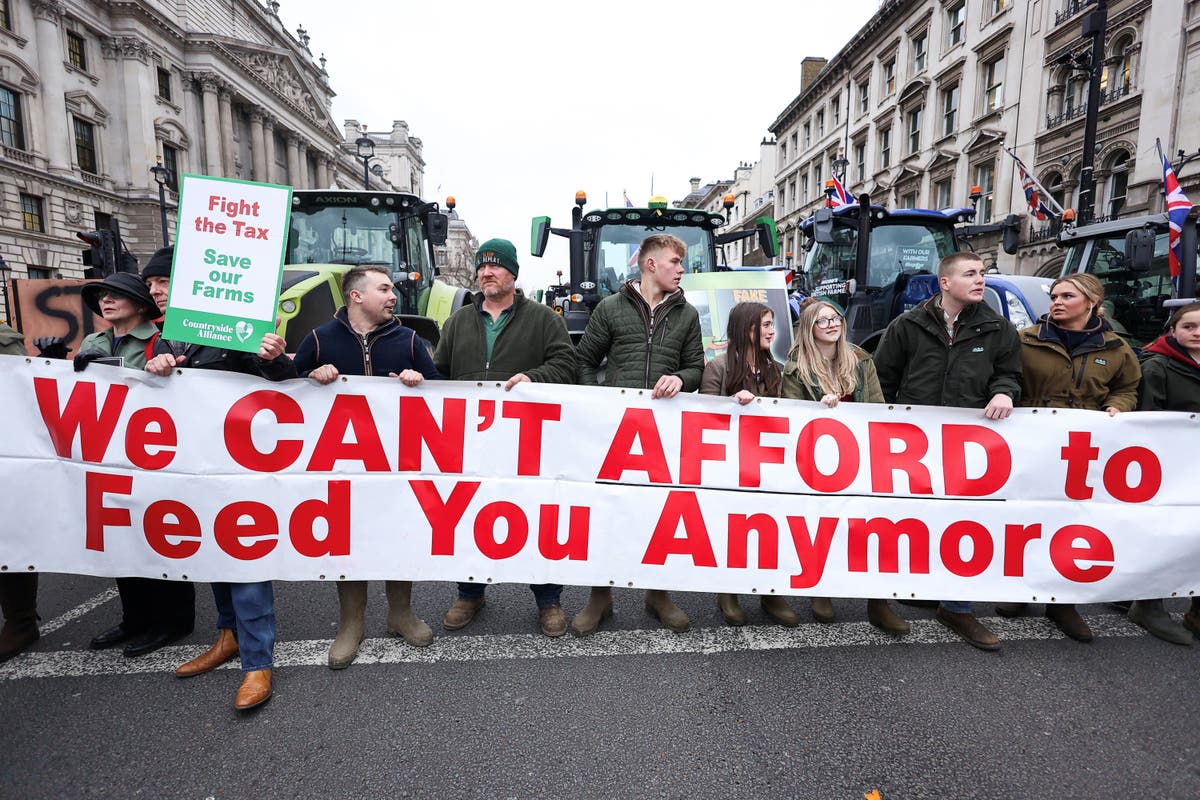UK farmers are fiercely opposing Labour's new inheritance tax policies, warning that many farms won't survive long enough to see the benefits of the government's proposed "New Deal" for the sector. The National Farmers' Union (NFU) president, Tom Bradshaw, criticized the changes, citing cash flow crises and other economic pressures. He argued the policies fundamentally fail to acknowledge the industry's struggles.
The government's new deal, introduced following outcry over inheritance tax changes, aims to boost farm profits. However, critics argue that the proposed changes, including significant tax increases on farms valued at £1 million or more, will disproportionately affect many family-run farms, potentially forcing them to sell or disband. This comes as concerns persist that these changes will negatively impact food production.
Environmental Secretary Steve Reed, in a speech to the Oxford Farming Conference, emphasized the vital role of farming in food production and highlighted the government's commitment to long-term food security. Reed is scheduled to outline measures aimed at supporting farmers, including diversification of income streams through farm shops, holiday lets, and renewable energy projects. The government also plans to monitor food purchases for the public sector, aiming to increase the proportion of locally sourced or environmentally friendly products.
The Treasury contends that, with allowances, only around 28% of family farms will be affected by the inheritance tax changes. However, figures from DEFRA suggest a significantly higher impact on the sector, potentially affecting as many as 66% of farms. This discrepancy fuels ongoing concerns about the financial viability of family farms under the new policies. Despite the government's initiatives, concerns remain about whether these proposed measures are sufficient to address the immediate concerns of farmers.







